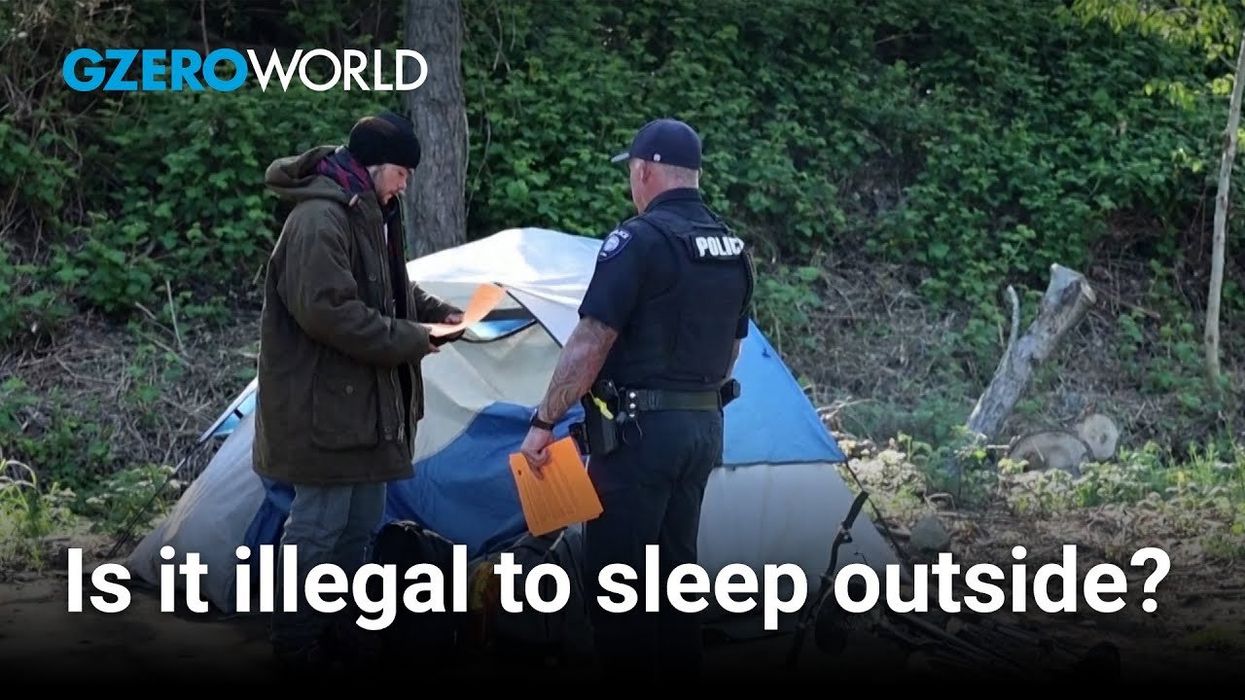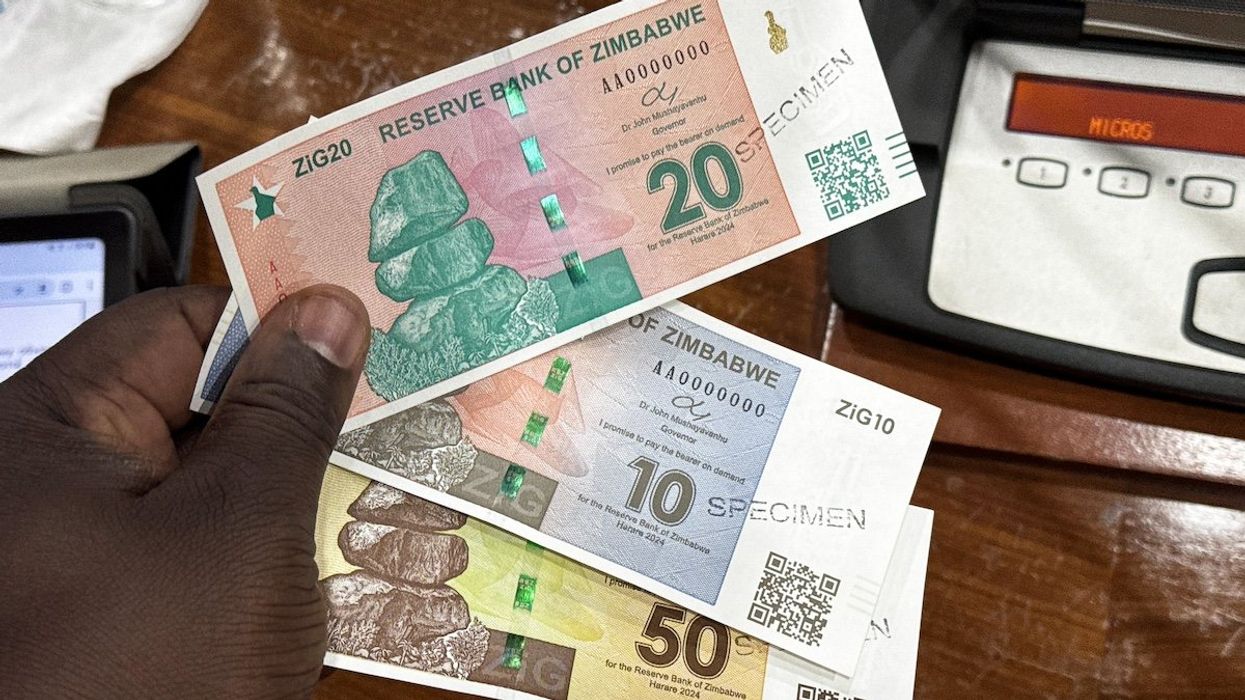GZERO World Clips
The Supreme Court tackles homeless right to sleep outside
The Supreme Court is set to issue rulings on government power, including the power of cities to remove homeless encampments and the power of federal agencies to interpret Congress's laws.
May 10, 2024


